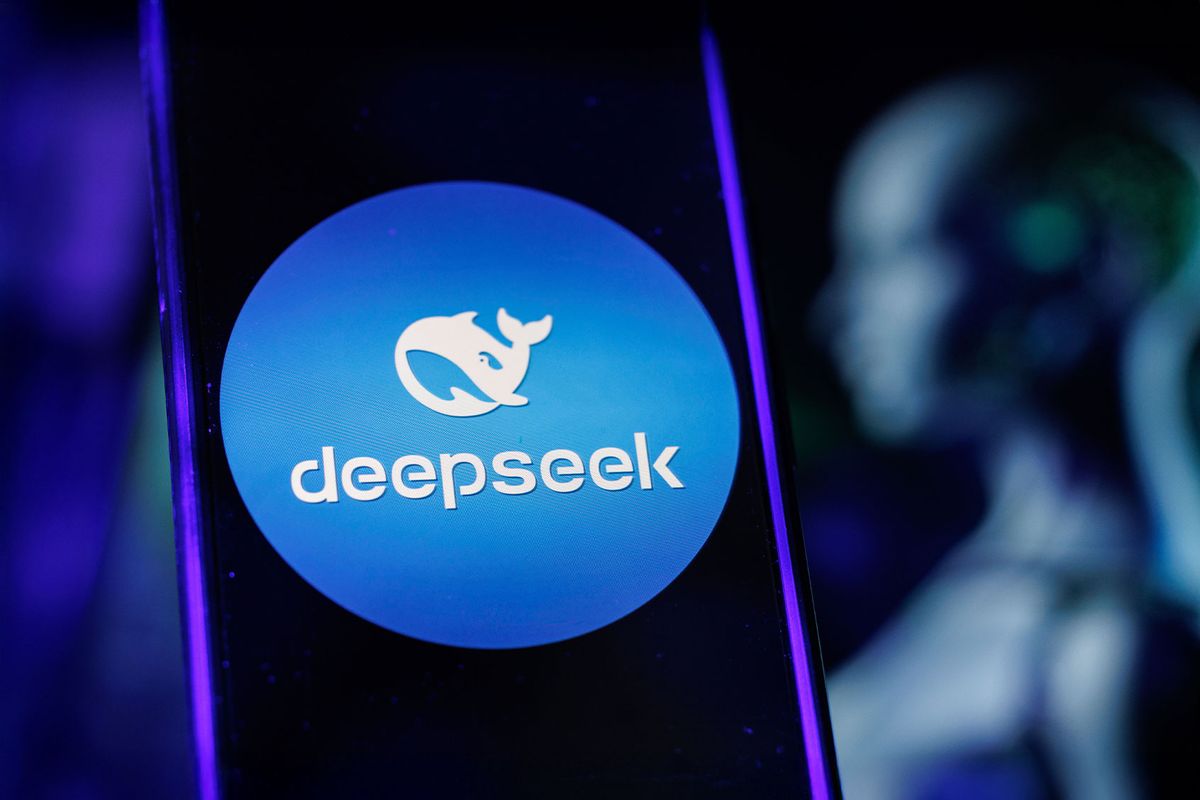The rapid rise of cost-effective AI models produced by DeepSeek has sent shockwaves through Silicon Valley as the China-based startup has done more with less. It also has triggered concerns about Nvidia, a California company that produces advanced chips for AI development, and prompted broader questions of America's competitiveness in the tech race.
Nvidia, which controls an estimated 90% of production of the graphics processing units powering A.I. applications, has become the crown jewel of the stock market and one of the so-called Magnificent 7 stocks that are the bedrock of many Americans' retirement portfolios. Nvidia alone accounted for about 30% of the S&P 500's 15.5% year-to-date return, as of June 25, 2024.
When the company reported its earnings on Thursday, smashing Wall Street expectations again, the question on everyone's mind was how long they can keep the party going. Can Nvidia can maintain its edge in the face of leaner, meaner competition from abroad?
Nvidia posted solid financial results overall, with sales jumping 78% year-over-year to $39.3 billion and net income up 80% at $22.1 billion, driven by robust growth in its data center segment. But the company faces challenges with slightly declining gross margins due to the higher costs and complexity of its new data center offerings.
Angelo Zino, vice president of equity research at CFRA Research, called Nvidia’s compressing gross profit margins over the last two quarters a “disappointment,” according to Bloomberg.
"Reasoning models can consume 100x more compute. Future reasoning can consume much more compute," said Nvidia CEO Jensen Huang on a company earnings call on Thursday, attempting to calm investor fears about DeepSeek's impact.
We need your help to stay independent
Even if the nature of the demand will change, as the costs of GPUs decrease and more companies develop AI systems, Nvidia may still emerge as a beneficiary with its bottom line intact.
But for many, there are larger questions over whether the U.S. approach to Chinese competition is too reactionary.
“China has been catching up in AI for years, and the U.S. response has been to contain that rise, but that alone isn’t a strategy for staying ahead — it’s a temporary stopgap at best,” Hodan Omaar, a senior policy manager focusing on AI policy at Information Technology and Innovation Foundation's Center for Data Innovation, told Salon. “The real question is whether the U.S. is doing enough to outcompete in AI beyond just making it harder for China.”
The DeepSeek disruption
DeepSeek’s latest R1 model, unveiled in January, showed performance comparable to leading models like OpenAI’s GPT-4 can be achieved at a fraction of the cost.
Using techniques like test-time scaling and memory compression, DeepSeek claims to have trained R1 for a lot less than the $100 million reportedly required for GPT-4.
"The real question is whether the U.S. is doing enough to outcompete in AI beyond just making it harder for China"
“The DeepSeek moment was a real realization of the nature of this competition,” Omaar said, noting it was a “wake up call” for the U.S. “There has long been this kind narrative that China is a copier of US innovation, but I think this was really showing there is transformative work coming out of AI labs.”
Omaar, who wrote a report on China's AI competitiveness last year, says the tech gap with China is closing fast.
Adam Thierer, a senior fellow at The R Street Institute, echoed these concerns, framing DeepSeek as part of a broader trend that threatens U.S. leadership.
“The real question is whether the U.S. is doing enough to outcompete in AI beyond just making it harder for China,” Thierer said.
Thierer noted China’s surprising success with low-cost, decentralized open-source AI systems — a strategy that contrasts sharply with U.S. reliance on proprietary models requiring massive computational resources and budgets.
“If somebody would have told me 10 years ago that China would excel at open-source-based AI systems, I would have laughed,” he said.
Read more
about this topic



Shares